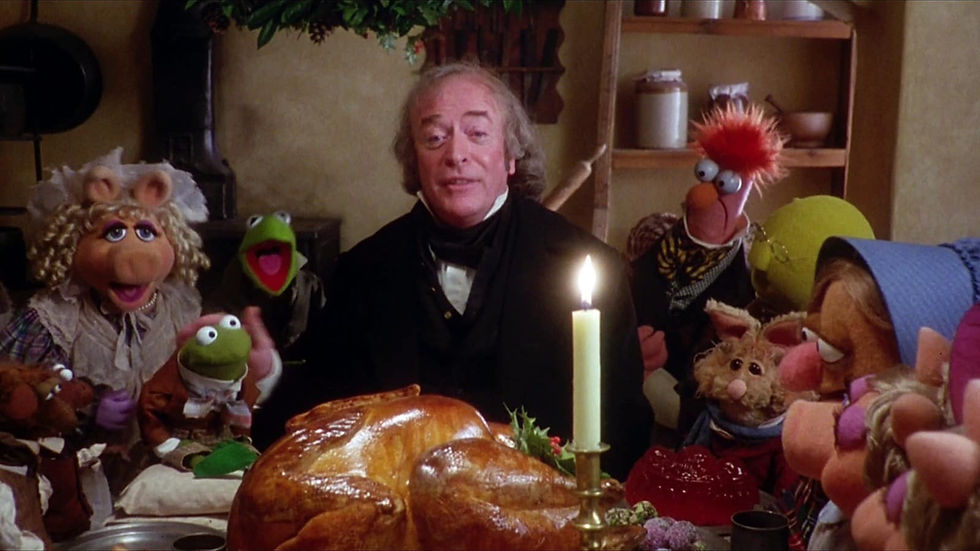Lawrence Olivier
- Soames Inscker

- Mar 31, 2025
- 3 min read
Updated: Apr 4, 2025

The Pinnacle of Classical and Cinematic Acting
Sir Laurence Olivier was one of the most distinguished actors of the 20th century, renowned for his extraordinary talent in both classical theatre and cinema. His career, spanning over six decades, saw him redefine Shakespearean performance, revolutionize British theatre, and set a benchmark for screen acting that remains influential to this day.
Early Life and Stage Beginnings
Born on May 22, 1907, in Dorking, Surrey, Laurence Kerr Olivier was drawn to acting from an early age. Encouraged by his clergyman father, he trained at the Central School of Speech and Drama and quickly established himself as a formidable presence on stage. By the 1930s, Olivier had joined the Old Vic Theatre, where he honed his craft performing Shakespearean roles, including Hamlet, Macbeth, and Henry V.
Transition to Film and Early Hollywood Years
Olivier’s transition from stage to screen began in the early 1930s. He initially struggled in Hollywood, finding the acting style overly theatrical for cinema. However, his breakthrough came with Wuthering Heights (1939), in which he played the brooding Heathcliff, earning him his first Academy Award nomination. This success was followed by performances in Rebecca (1940), directed by Alfred Hitchcock, and Pride and Prejudice (1940), where he showcased his versatility.
Shakespeare on Screen and Wartime Contributions
Olivier is best known for his pioneering work in bringing Shakespeare to the screen. His adaptation of Henry V (1944), made during World War II, was both a cinematic triumph and a patriotic masterpiece. Filmed in vibrant Technicolor, the movie was widely seen as a morale booster for wartime Britain and earned Olivier a special Academy Award for his contribution to film.
He continued his Shakespearean film legacy with Hamlet (1948), in which he starred and directed, becoming the first actor to win an Academy Award for a Shakespearean role. His third adaptation, Richard III (1955), showcased his commanding presence and meticulous direction, further solidifying his reputation as the greatest interpreter of Shakespeare on film.
Theatre Leadership and Later Film Roles
Beyond acting, Olivier played a crucial role in revitalizing British theatre. He became the first artistic director of the National Theatre in 1963, shaping it into a world-renowned institution. Under his leadership, the National Theatre produced some of the most defining performances in British theatre history.
As he aged, Olivier continued to take on diverse and complex roles in film, often portraying figures of authority and menace. He delivered unforgettable performances in Spartacus (1960), Sleuth (1972), Marathon Man (1976), and The Boys from Brazil (1978), earning numerous accolades.
Personal Life and Legacy
Olivier was married three times, most famously to actress Vivien Leigh. Their turbulent relationship was marked by passion and artistic collaboration, but it ended in divorce. His later years were spent with actress Joan Plowright, with whom he found stability and happiness.
Sir Laurence Olivier passed away on July 11, 1989, but his legacy endures. He remains a towering figure in the world of acting, having set new standards for both theatrical and cinematic performance. His influence is felt in every actor who aspires to master Shakespeare, command the stage, or captivate audiences through the power of film.
Today, the Olivier Awards, named in his honour, celebrate excellence in theatre, ensuring that his name remains synonymous with the highest standards of performance.




